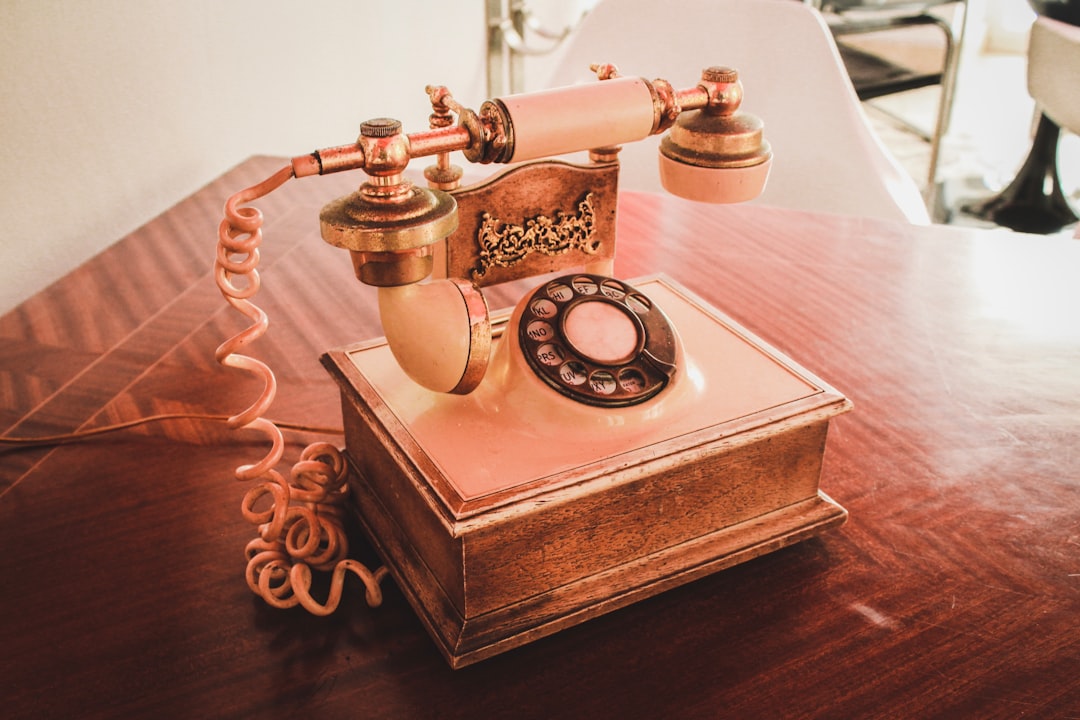Spam calls, a prevalent digital nuisance, significantly impact Iowans' daily lives. A targeted survey revealed widespread frustration with frequent, aggressive calls that invade privacy and waste time. Respondents expressed a strong desire for effective solutions, advocating for stricter regulations, improved caller ID systems, and advanced technology to filter spam, aiming to create a more peaceful communication environment in the state.
In today’s digital age, unwanted phone spam calls have become a pervasive issue for Iowans. Understanding public sentiment towards these intrusive messages is crucial. This article explores the impact of spam calls and presents findings from surveys gauging Iowans’ experiences and opinions. By analyzing survey data, we uncover insights into the types of spam calls received, their perceived harm, and desired solutions. These results offer valuable perspectives on how to mitigate the nuisance of phone spam for Iowans.
Understanding Spam Calls and Their Impact on Iowans
Spam calls, an unwanted nuisance in today’s digital age, have become a prevalent issue for Iowans. These unsolicited phone calls, often from automated systems or call centers, are designed to promote products, services, or even political campaigns. While some may be easily recognizable as spam, others use deceptive tactics, making them harder to identify. The impact of these calls is significant; they disrupt daily routines, waste valuable time, and can even lead to financial loss or identity theft when personal information is divulged.
Many Iowans express frustration with the frequency and aggressiveness of spam calls, particularly on their personal phones. With advancements in technology, spammers now have access to vast databases and sophisticated tools to target individuals. This has made it challenging for recipients to opt out, as calls can seem personalized despite being mass-distributed. As a result, Iowans are advocating for stricter regulations and better consumer protection measures to combat this growing problem.
Methodology: Gathering Feedback through Surveys
To understand Iowans’ perspectives on spam calls, we employed a targeted survey approach. Our methodology involved reaching out to a diverse group of individuals across Iowa through various channels, including online platforms and local communities. The surveys were designed to be concise yet comprehensive, focusing on questions related to phone-based spam calls, their frequency, and the impact they have on daily life.
Participants were asked about their experiences, preferences for handling such calls, and any regulatory measures they would support. By gathering this feedback, we aim to provide insights into the collective sentiment of Iowans, helping to shape effective strategies for mitigating nuisance phone calls.
Key Findings: What Iowans Have to Say About Spam Calls
Iowans have shared their experiences and opinions on spam calls in a recent survey, shedding light on some key findings. The majority of respondents expressed frustration with the frequent phone calls, citing them as a significant nuisance and a waste of time. Many participants reported receiving multiple spam calls daily, often from unknown numbers, which has led to a heightened sense of annoyance and concern for their privacy.
The survey highlights that Iowans want effective solutions to curb these unwanted phone communications. A large portion of the respondents suggested implementing stricter regulations and better identification systems for callers. They also recommended using advanced technology to filter out spam calls, ensuring a more peaceful and secure communication environment.


